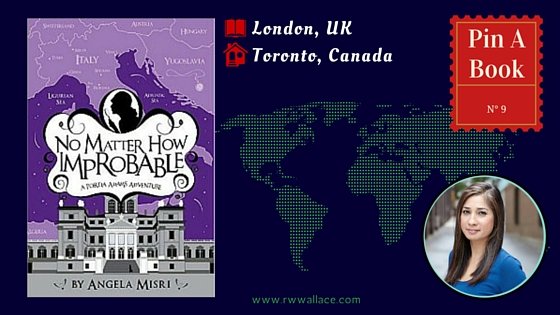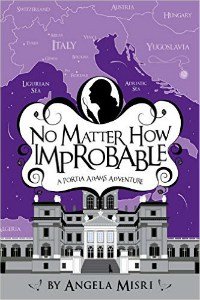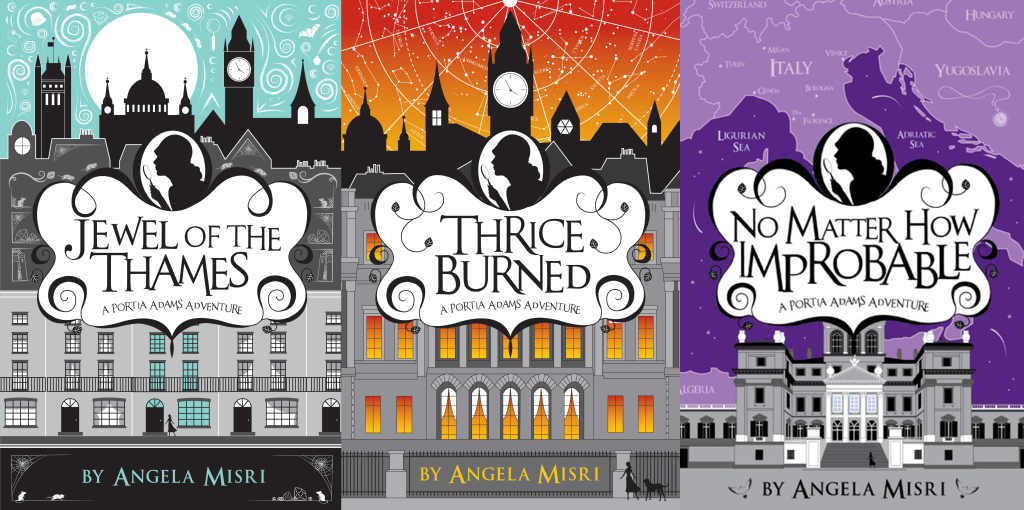
This week Canadian Angela Misri takes us to 1930’s London! She apparently likes maps as much as I do – she has a Google map showing the locations and travels from her books. You can check it out here. You can also check out the updated Pin a Book map here.
 How did the setting of your story impact your writing?
How did the setting of your story impact your writing?
Dropping my Canadian detective at 221 Baker Street in London is a huge part of the story I tell. Baker Street has so much history that it’s almost a character itself, with its own personality and oddities. When I was last in London (2015) I made a concerted effort to travel like Portia, making my way from Baker Street to Scotland Yard, the various parks she visits, and some of the scenes of my fictional crimes. It really helps my imagination to be able to overlay the real experience of walking the streets of London even if it is a hundred years after my fictional character did the same.
Which location did you enjoy writing the most in your story? Why this one?
In my third book, Portia travels to Italy to save a Princess and spends the entire casebook at Racconiggi Castle in Caneo Italy. I really enjoyed researching and writing about the castle, and about the Italian countryside I think because it’s so different from my own urban experience.
When you visited France, which location did you prefer?
I adore France, and Paris is my favourite place to visit because of the opportunity for people-watching (something most authors enjoy and employ in their writing). I’ve been to France twice, and will go again I am sure because the combination of incredible food, amazing culture and fantastic people is very compelling.
Which part of the French archetype did you discover to be wrong?
The unfriendliness of the people was a stereotype that I was warned about and was entirely without foundation in my experience. I found the French to be lovely and inviting and very patient with my Québécois version of French. I was advised to order the table wine at local restaurants because it was part of the experience of the area of town I was in, and that was very good advice. I learned about many local preferences and their pairings with the meals I was served by following that advice.
What do you think would be the greatest cultural shock for a Frenchman who visited the location of your story?
That’s an interesting idea, especially if I bring the French person to 1930s London. I think there was less travel, even between European countries, during the Great Depression. I actually do have a French woman in my fourth book, who comes from a school for the deaf to coach Portia on sign-language. She is warm and understanding and though Portia initially distrusts her, she becomes an important friend over the course of the book.
